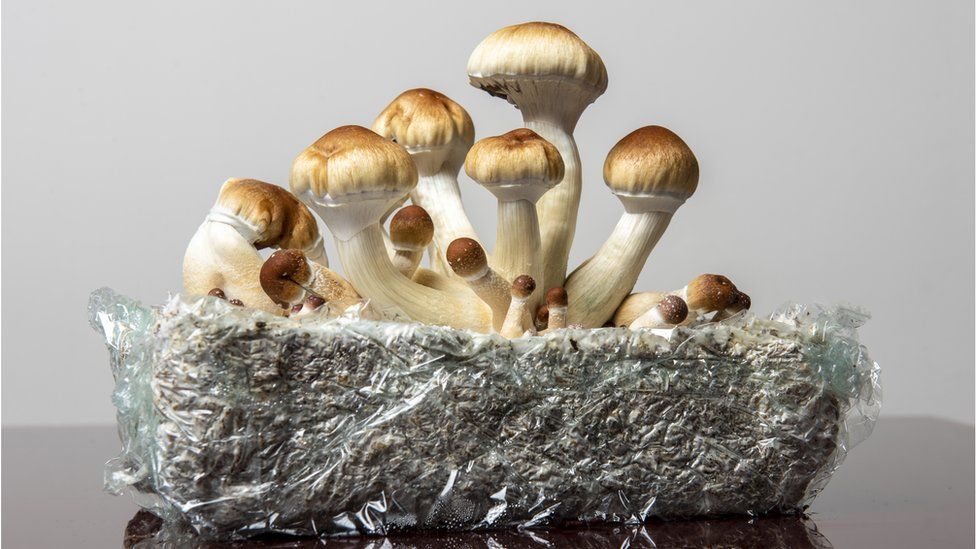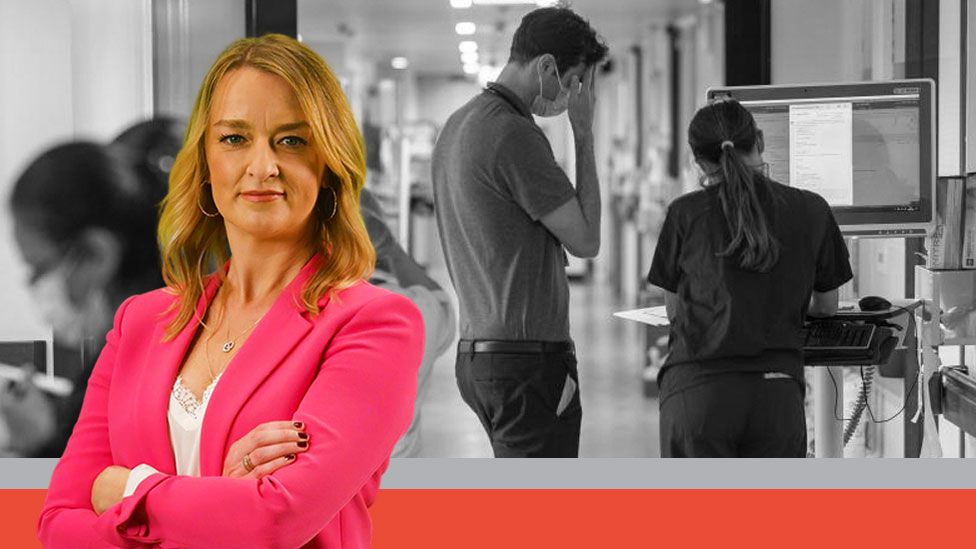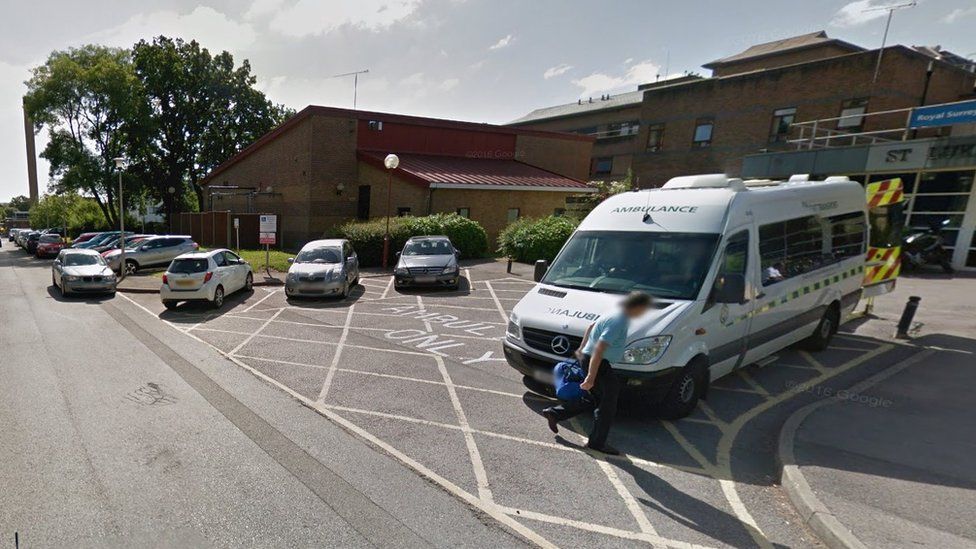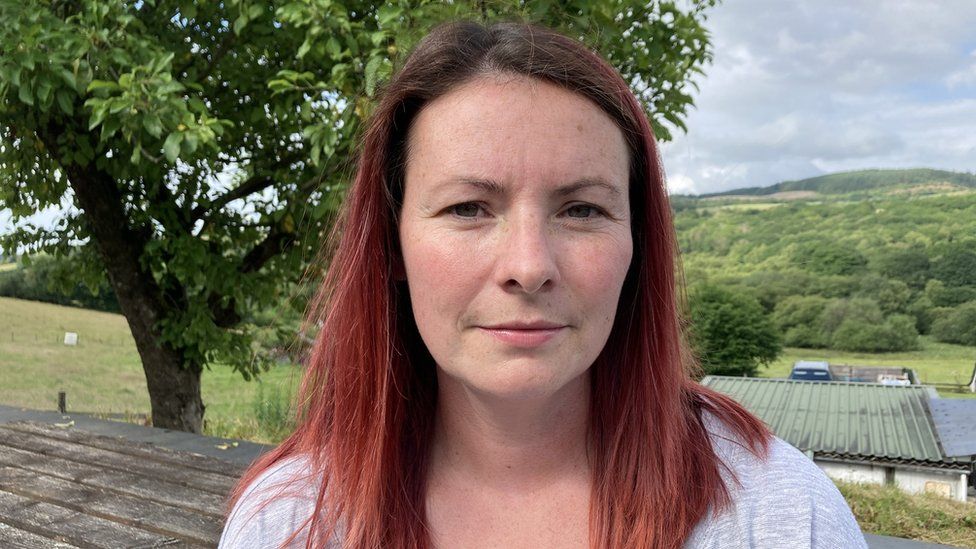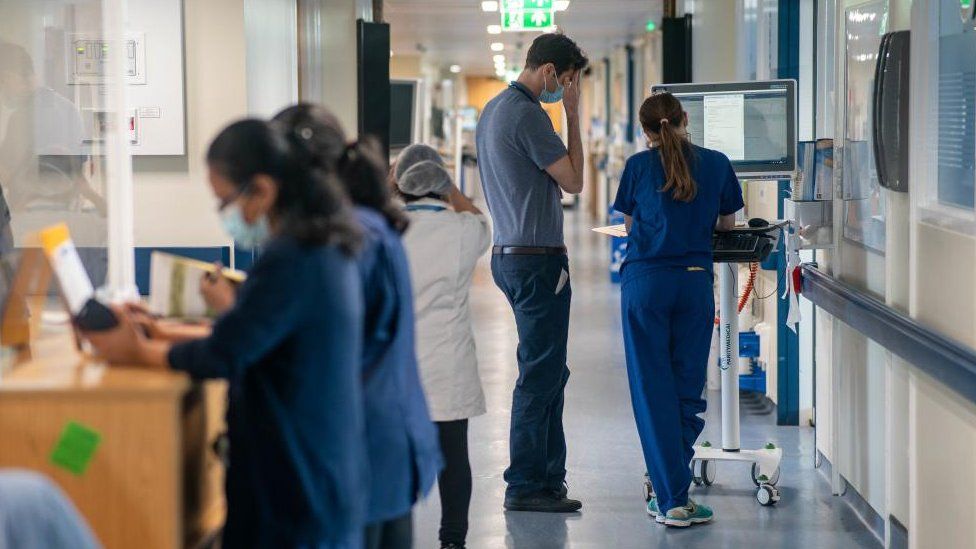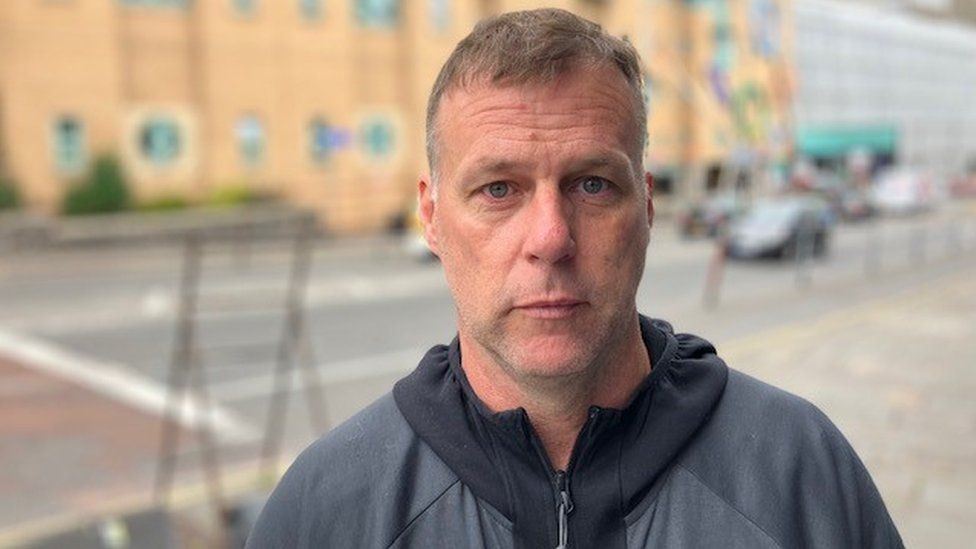When Australia's traditionally conservative medicines regulator approved the use of psychedelics to supplement therapy sessions earlier this year, researchers raised an eyebrow.
Psilocybin, a compound in magic mushrooms, will now be used to treat depression that has not responded to treatment. Additionally, MDMA, also referred to as ecstasy in tablet form, will be permitted for post-traumatic stress disorder (PTSD).
The modifications take effect on Saturday, making Australia the first nation to formally classify psychedelics as medicines.
Many experts and patients are hailing it as a landmark moment, despite the fact that initial access to the drugs will be expensive and restricted.
However, significant health organizations have also advised caution.
In 2017, Marjane Beaugeois received a severe depression diagnosis. I lost my mother, grandmother, cherished pet dog, and my romantic relationship in less than two months," she explains.
She claims that taking prescription antidepressants made her "zombie-like, unable to cry, self-soothe, or feel better." She was unable to eat, shower, or leave her Melbourne home.
The 49-year-old continues, "I'd still go to bed praying not to wake up.".
She was hesitant when her search for complementary treatments brought her to an Amsterdam psilocybin clinic. .
"I have never used alcohol or drugs. I was always strongly opposed to it as an addiction counselor," she claims.
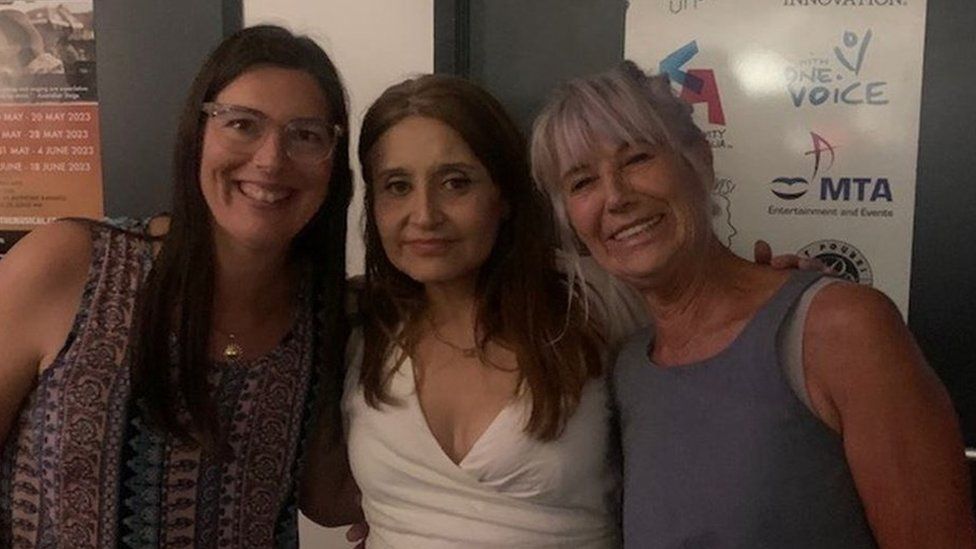
However, she was also desperate to get away from her treatment-resistant depression, so she made an appointment for herself in 2018.
Psilocybin was consumed with tea. "The colors intensified. I had a warm, strong sense of being reconnected to the world. Just thinking about it makes me teary-eyed; it was a tremendously lovely experience of unrequited love. ".
She felt healed three sessions later. She says, "I could feel happy, smile, and go about my daily routine with clarity.". "Friends said they noticed my eyes shining once more when I got home. " .
Glen Boyes' therapist expressed skepticism when he suggested taking psychedelics in tiny doses to alleviate his incapacitating depression.
He says that although he couldn't stop me and would have brain scans done to monitor my progress, "he explained it wasn't something he does.".
During Covid-19 lockdowns in Sydney, the 33-year-old veteran claims he first noticed "lingering PTSD" from his time in the army.
But the red areas on his initial brain scans that indicated blockages had disappeared after 10 weeks of microdosing and therapy sessions. "My mental haze disappeared. I once again had clear thinking. ".
The cohort of people who have received psychedelic therapy is small because no other nation has rescheduled these drugs for clinical use on a widespread basis.
The head of neuropsychopharmacology at the Imperial College in the UK, Professor David Nutt, praised Australia for "leading the world in this vital treatment innovation.".
Dr. Ben Sessa, a psychiatrist and expert on psychedelics, called the approval "pioneering.". The BBC quoted him as saying, "This is where the global psychedelic spotlight now shines.".
Dr. Sessa has resigned from his position as the head of the UK's main clinical organization for psychedelics and will spend the next 18 months traveling to Australia to present a customized program on psychedelic prescribing.

Other nations have investigated the use of psychedelics for therapeutic purposes, such as Switzerland, Canada, and Israel, where regulators have reached similar conclusions, albeit not at the national level as in Australia. Legal psychedelic clinic operations can be found in places like Jamaica and Costa Rica.
However, how and at what cost Australia distributes clinical prescriptions for both medications will be closely watched.
Ecstasy was initially created as an appetite suppressant in 1912, and it was used in therapy sessions in the US until it was banned in the middle of the 1970s. Due to its alleged effects of increased energy, empathy, and pleasure, it was introduced to Australia in the 1980s as a party drug and was made illegal in 1987.
Though little is known about how MDMA and psilocybin work to quickly alleviate the symptoms of severe depression, research slowly began to pick up again in the 2000s.
Health professionals charged with obtaining and prescribing psychedelic medications are being trained by Mind Medicine Australia (MMA), a nonprofit organization that lobbied for their use.
Psychiatrists must submit an application to the Therapeutic Goods Administration (TGA), Australia's drug regulatory agency, as well as an ethics committee in order to be authorized to prescribe. Following that, they'll need to find and supply both MDMA and psilocybin.
One psychedelics expert estimates that the total cost of a treatment, including the drugs themselves, multidisciplinary team supervision, psychiatrist sessions, and hiring a private clinic, could reach A$30,000 (£15,700, $20,000).
Dr. Stephen Bright, senior lecturer at Edith Cowan University, questions whether these treatments "will be very widely available at all" for the first 12 to 18 months due to their exorbitant cost.
Philanthropist and MMA chair Peter Hunt disputes those figures, telling the BBC that patients should expect to pay between $10,000 and $15,000 for two sessions of psilocybin-assisted therapy and three sessions of MDMA-assisted therapy, respectively. We calculated the costs of the treatments with a mental health clinic, he claimed.
However, the five-figure treatments are anticipated to remain out of reach for the majority of patients without any planned government subsidies.
Major medical and mental health organizations in Australia are among the most vocal opponents of psychedelic therapies.
Professor of addiction medicine at the University of Sydney Kristen Morely said, "There's been a lot of caution from the scientific and medical community.".
The TGA approval, according to MMA, was aided by the "weight of submissions from thousands of Australians whose current mental health treatments simply aren't working.". .
However, the Royal Australian and New Zealand College of Psychiatrists (RANZCP) and the Australian Medical Association (AMA) have expressed grave concerns.
Both organizations have called for more extensive research and studies into psychedelic therapies while cautioning against the unknowable dangers, long-term side effects, and "potentially very limited benefits" of their use in therapy.
"A small number of patients who have failed to respond to other treatments may find hope in psychedelic-assisted therapy. Professor Richard Harvey, who serves as the chair of the RANZCP's Psychedelic-Assisted Therapy Steering Group, cautioned that it was not a miracle treatment.
Because of the "potential for psychedelic substances to cause fear, panic, and re-traumatization," he advised taking a "cautious, considered, and informed" approach.
If their therapy experience doesn't live up to their expectations, vulnerable people may understandably feel distressed, he said.
He also argued that it's unclear whether the effects of psychedelic treatments were more due to the drugs themselves or the psychotherapy.
"Psychedelic-assisted therapy is still in its infancy, to put it simply. We still need to learn more.
. "


